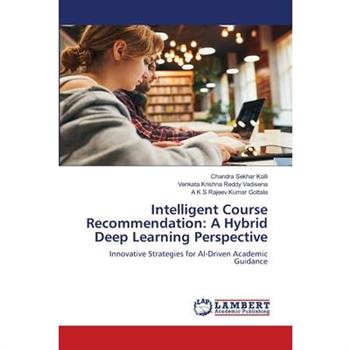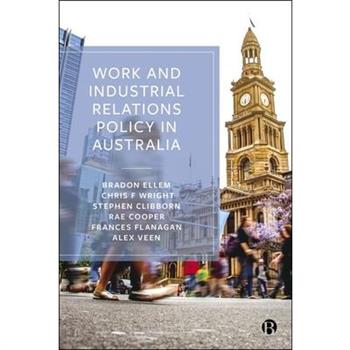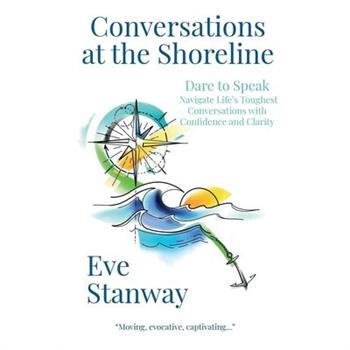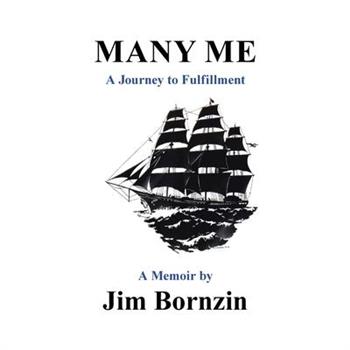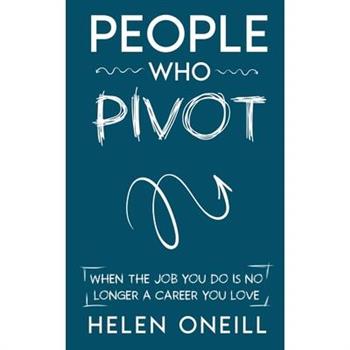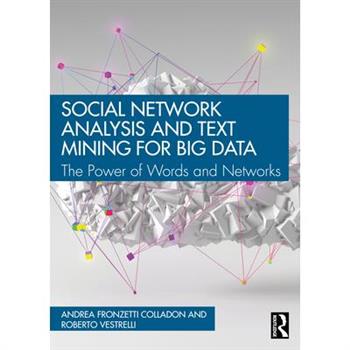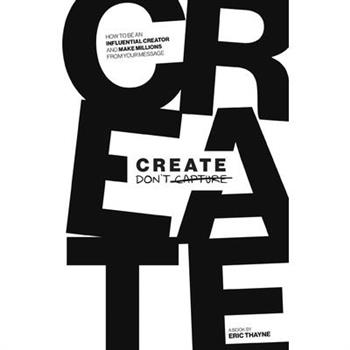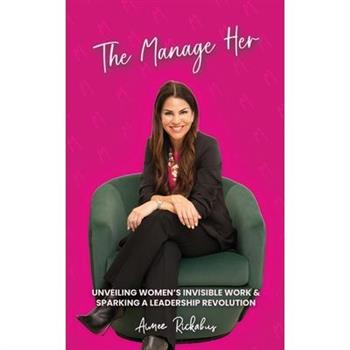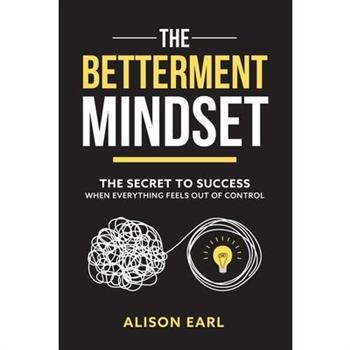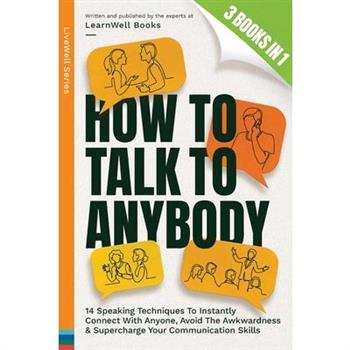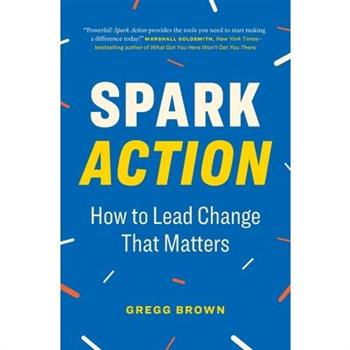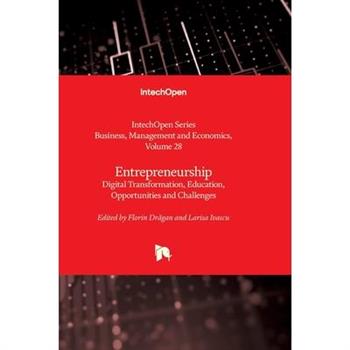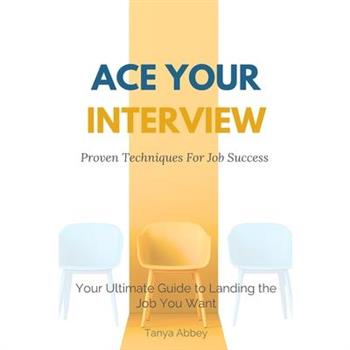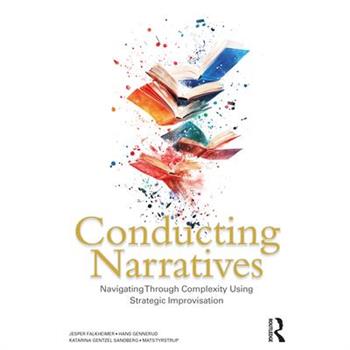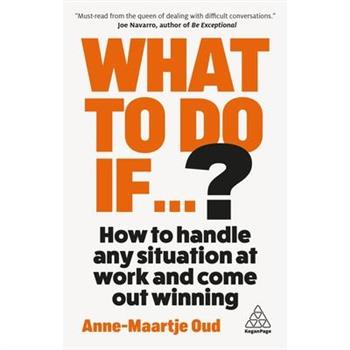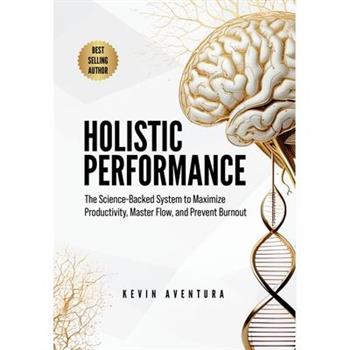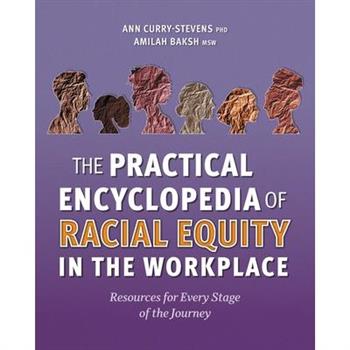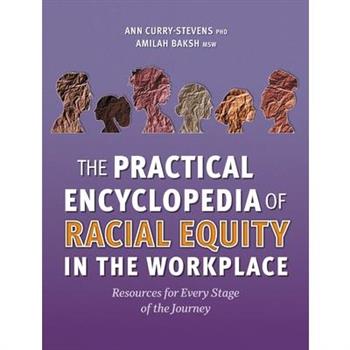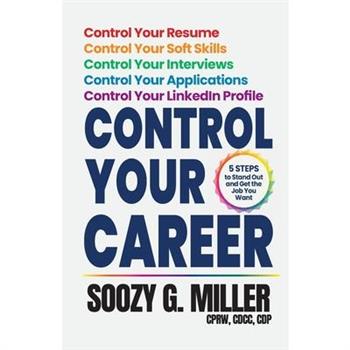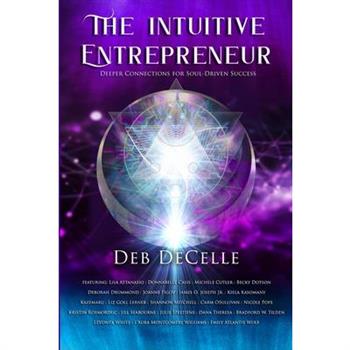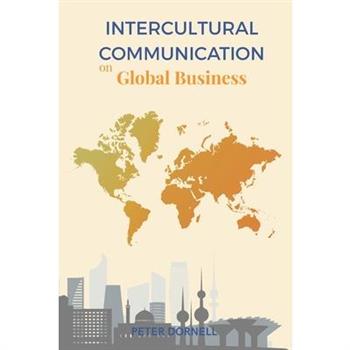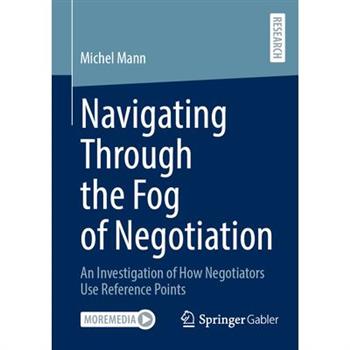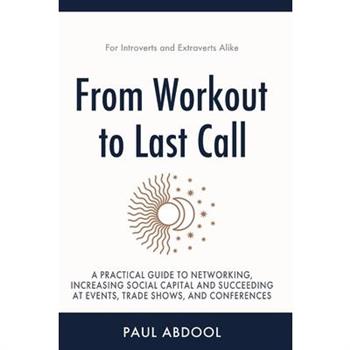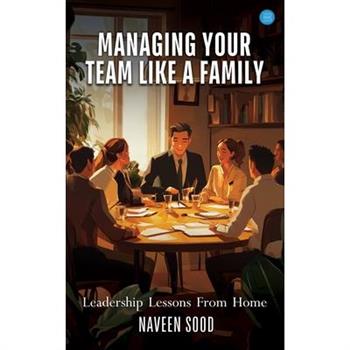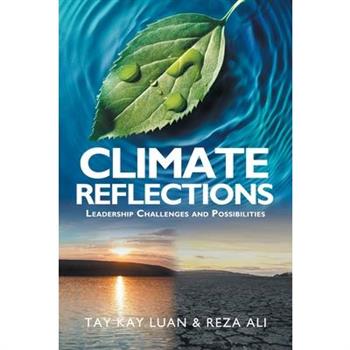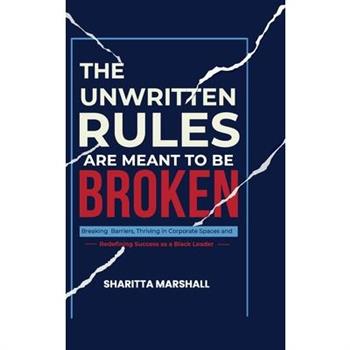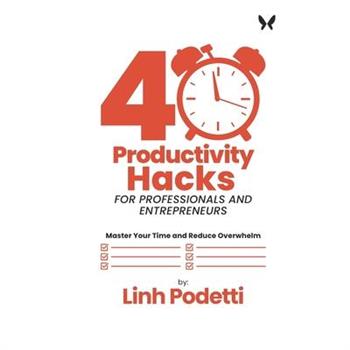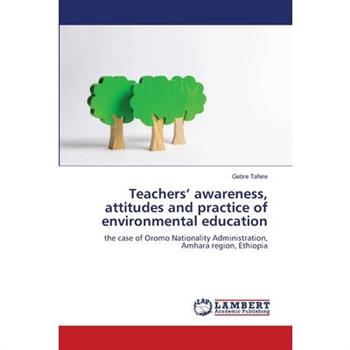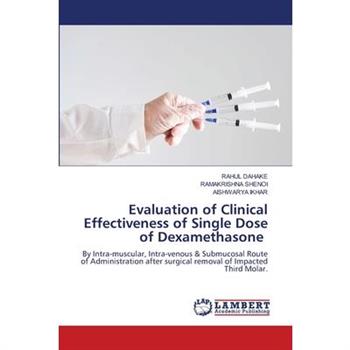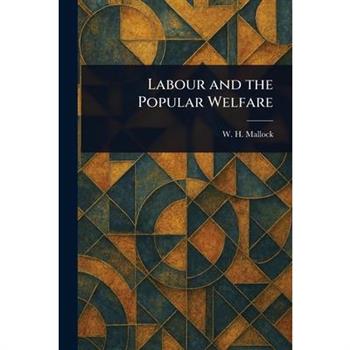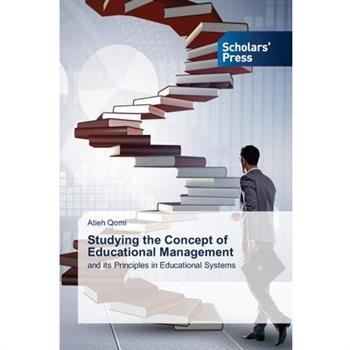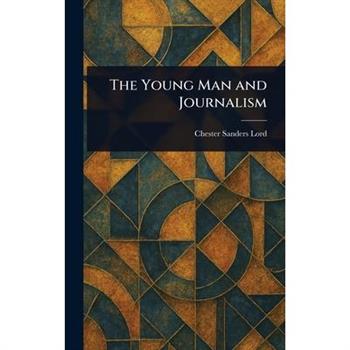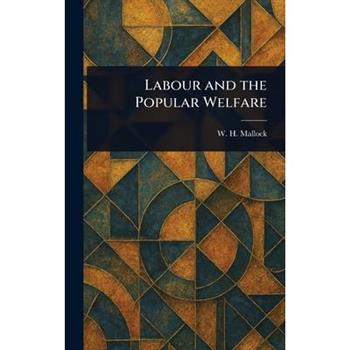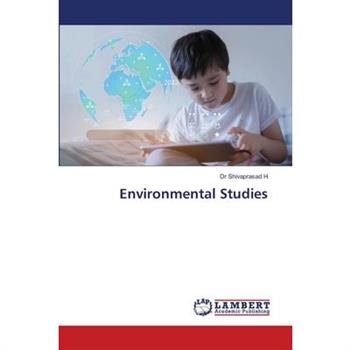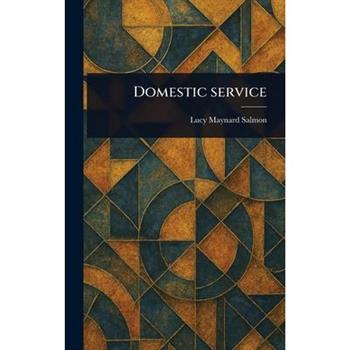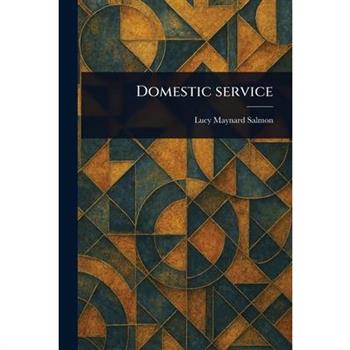Intelligent Course Recommendation
In an era where educational choices can overwhelm students, HHFHNet emerges as a groundbreaking solution for precise course recommendations. This comprehensive guide introduces readers to the innovative Hybrid HAN HDLTex Forward Harmonic Net (HHFHNet) architecture, a sophisticated system that combines the power of Hierarchical Attention Networks (HAN) and Hierarchical Deep Learning for Texts (HDLTex). Through detailed exploration of Term Frequency-Inverse Document Frequency (TF-IDF), ranking-based recommendations, and Explainable Artificial Intelligence (XAI), readers will master the intricacies of building intelligent course recommendation systems. The book presents a novel approach to educational guidance, incorporating content-based filtering, collaborative filtering, and hybrid methods to address the challenging cold-start problem. Whether you're an AI researcher, educational technologist, or academic institution developer, this essential resource provides the theoretical foundation and practical implementation strategies needed to revolutionize course selection processes.
Work and Industrial Relations Policy in Australia
This book provides a comprehensive analysis of the institutions and processes shaping work, labour markets and industrial relations policies in Australia. It explores traditional industrial relations issues and examines social change and policy failures in areas such as gender, work and family dynamics, skills and immigration and wage theft. Additionally, it considers how pandemics, climate change, technological advances and new business structures impact policy change. Addressing these universal challenges, the book offers fresh conceptual approaches and rethinks policy problems and solutions. Essential reading for scholars, students, and practitioners, this book reshapes our understanding of work and industrial relations policy.
Conversations at the Shoreline
What if the conversations you fear the most are the ones that will set you free?In Conversations at the Shoreline, Eve Stanway invites you to step into the moments most of us try to avoid. The pauses. The silences. The emotional tightrope between what needs to be said and what feels too risky to voice.With empathy and precision, Eve offers practical tools, real-life stories and her original Magic Three Framework: Clarify, Communicate and Correct. You will be gently guided through the conversations that matter most, whether with your partner, your child, your ex, your colleagues or, perhaps most importantly, with yourself.This is not just a book about speaking. It is a book about reclaiming your voice.Because healing does not begin in silence. It begins when you dare to speak.
How to Pass an Interview
NERVOUS ABOUT YOUR NEXT INTERVIEW? Discover the Proven Formula to Walk In Confident and Walk Out With the Job.Are you tired of sending out resumes and never hearing back? Do you dread the question, "Tell me about yourself"? You're not alone. Most job seekers go into interviews unprepared and leave hoping for the best. This book gives you a proven, step-by-step system to control the narrative and become the candidate they can't refuse.INSIDE THIS UPDATED GUIDE, YOU'LL LEARN: The SECRETS hiring managers really listen for in every answer (most candidates miss this).How to answer the MOST COMMON & TOUGH interview questions (including "What's your greatest weakness?" and "Why should we hire you?").The Virtual Interview Mastery Chapter: How to excel on Zoom, look professional on camera, and handle tech issues.How to research a company in 30 minutes or less and use that info to dazzle your interviewer.Post-Interview Strategy: Exactly what to say in your thank-you note to move to the top of the list.Salary Negotiation Scripts: How to confidently ask for more money without risking the offer.THIS BOOK IS FOR: Recent graduates entering the workforceProfessionals seeking a career change or promotionAnyone who feels they "freeze up" or undersell themselves in interviewsReturning parents or individuals re-entering the jobDON'T JUST HOPE-PREPARE. GET THE OFFER."This book changed my approach entirely. I went from no callbacks to two job offers in a month." - Alex T. "The virtual interview chapter alone was worth it. Landed a fully remote position!" - Maria S.Your next career breakthrough is one book away. Click "Buy Now" and start preparing to win.
Many Me
MANY ME is a memoir written primarily for family and friends. I do not suffer from multiple personality disorder or schizophrenia; but there have been many aspects to my life. Many Me's. I struggled, growing up, with what career path to follow, and made a sudden change from engineer to ordained pastor. In retirement, I was able to devote more time to art and writing, and now consider myself an artist, an author, and a poet. This book describes my journey through many possible Me's to the Me I am today. JIM BORNZIN loved to draw as a child; and during high school he worked as an apprentice at his uncle's commercial art studio in Chicago. Jim graduated from Northwestern University with a degree in Science Engineering and worked as an engineering draftsman during the summers. Still uncertain about his future career, he decided to attend Lutheran seminary for a year, just to learn more about his faith and the Bible. His third year took him on internship to Spokane, Washington, where he met his wife-to-be; and became convinced that he could be a pastor, and might even enjoy it!
People Who Pivot; When the job you do is no longer a career you love
Helping you work out what's next, when the job you do, is no longer a career you love.The world of work is changing and the pace of that change is accelerating. It can be exhausting and overwhelming.We're seeking careers that serve us. To make a change on our terms. And more of us than ever before are re-evaluating and thinking about doing something completely different; of making a career pivot.Practical and easy to follow, in People Who Pivot, you'll learn: How to identify which type of career pivot is right for youThe key elements of a career audit to set you up for successThe importance of defining your purposeHow to evaluate your career in the context of your life as a wholeEffective energy management techniques to sustain you through the processHow to create your career pivot planWhat portfolio careers are and whether one might be for you
Social Network Analysis and Text Mining for Big Data
Social Network Analysis and Text Mining for Big Data presents cutting-edge methods and tools that bridge the gap between text mining and social network analysis research while also providing new insights for analyzing (big) textual and network data.
Create Don’t Capture
The Ultimate Guide to Being a Successful Content Creator and Making an Impact with Your MessageWondering how you can create high-quality content consistently?The secret to building an audience of raving, loyal fans?The key to going viral on social media?And most of all, how to make money from your influence?In Create Don't Capture, author, entrepreneur, filmmaker, and creator Eric Thayne gives you the top strategies and step-by-step processes to help you explore your passions, expand your influence, and grow your business by creating high-quality video content online. He reveals the real reason why most entrepreneurs fail with their content, grow slowly, and never see an ROI. This surprisingly simple approach will change the way you look at content, influence, and being a creator altogether.In these pages, you'll not only gain an understanding of the what and how of content creation but also the deeper why. When done right, these principles will set you on a journey that will transform your entire life.
The Manage Her
Discover the power of leadership you've had all along. In The Manage Her, Aimee Rickabus redefines leadership for women. With personal stories and actionable insights, she shows how the skills you already use - managing homes, schedules, and lives - are the foundation for bold, confident leadership. Whether you're running a home, a business, or both, The Manage Her will inspire you to lead boldly and create a life that works for you.
The Betterment Mindset
A PRACTICAL GUIDE TO THRIVING WITH STRESS, CHANGE, AND UNCERTAINTYIn a world where constant change and uncertainty can feel overwhelming, it's easy to feel like we have no control at all. We find ourselves stuck in survival mode-just getting by, reacting to challenges, and feeling like we're barely managing. But simply managing isn't enough. The Betterment Mindset offers a powerful shift-moving beyond coping to actively creating better outcomes in every aspect of life.Through practical tools and relatable insights, you'll discover how to move through key transformations that unlock lasting success: From Overwhelm to Ownership - Transform how you show up by finding solid ground, redefining control, and taking intentional action.From Competition to Collaboration - Transform how you work with others by building trust, resolving conflicts, and creating win-win solutions.From Problems to Possibilities - Transform how you approach challenges by unlocking creativity, embracing adaptability, and turning obstacles into opportunities.Whether you're leading a team, navigating personal challenges, or striving for growth, The Betterment Mindset equips you with the tools to thrive-no matter what life throws your way.
How To Talk To Anybody
How many opportunities, relationships, and experiences have you missed out on because you didn't know how to talk to people with confidence and skill?Well, from now on, you will know exactly what to say and how to say it in a way that makes people open their eyes with surprise and delight as you talk. You'll capture the attention of everyone you engage with. Your words will have impact and influence, and your opinion will make a difference.The author - Ryan Harrison - has spent 30 years studying linguistics and communication and has distilled his knowledge into these 3 books.���� MIND TECHNIQUES ����How to harness the immense power of your mind for highly effective communication���� Be The Only Person They RememberLearn the mindset that makes a positive first impression and makes people think about you long after they meet you. You'll be the most interesting person they talk to all day!����Listen To People Like They've Never Experienced BeforeUse your mind to manage your listening so you can respond to people's stories with genuine interest and thoughtful questions. This alone will make you the person that everyone wants to interact with.���� Navigate Challenging Conversations With EaseLearn how mind control will reveal strategies for getting through difficult discussions with poise, confidence, and ease.���� MOUTH & BODY TECHNIQUES ����How to use your mouth and body to enhance the power of your communication���� Use The Power Of Body Language For Influence And ImpactYour body language speaks 8 times louder than your words. Make the most of this misunderstood and under-utilized skill.����️ Become A Captivating StorytellerEntertain and engage people with your skills in crafting and sharing stories that enthrall your listeners.���� Build Instant RapportWhy posture, tone, and presence are so important when connecting with people from any background.���� Develop The Confidence Of A LionUse your body and mouth more effectively to enhance your self-esteem, comfort, and confidence when speaking.Now, imagine yourself mastering every conversation with ease and confidence. Feel the stress disappear. Think of the freedom you'll have to approach new people. This is what these books can give you.Get your copy of "How To Talk To Anybody" today, and make every conversation rewarding!-------------------------------������������ SPECIAL FEATURES ���������������� FREE Interactive WorkbookDon't just read and forget. Take actions that will allow this information to make a real difference in your life. Chapter-by-chapter activities, thoughts, notes, and questions to expand your knowledge.����️ FREE Online Learning TutorialAuthor's notes, unpublished material, and other exclusive content delivered directly to your email inbox. It's like having the author discussing the book with you as you read.
Spark Action
You can't change people. But you can change the world.The pace of change has picked up and will continue to do so. The future is requiring us to get ourselves and others engaged in change rapidly. In Spark Action, internationally acclaimed speaker, entrepreneur, and advisor Gregg Brown unlocks why people aren't motivated to act on our ideas and shares insights and strategies to spark positive change in our organizations and communities.With a thirty-year career that spans the health-care, education, non-profit, and private sectors, Gregg has learned what makes people tick and how to help them take action, often in difficult circumstances. But he's the first to admit that he wasn't always so confident with change.With interactive self-reflection activities and story-building frameworks, Gregg outlines a clear pathway to lead change that begins on the inside and bridges out to impact the people, organizations, and communities around us.Gregg shares customized strategies and inspirational success stories that he has nurtured in his diverse clients-from Fortune 500s to governments to humanitarian organizations. Gregg's easy-to-follow advice, paired with his signature enthusiasm and candour, will ignite your change-making mastery before you've even finished the book!
Entrepreneurship - Digital Transformation, Education, Opportunities and Challenges
Digital transformation and artificial intelligence play an important role in entrepreneurship. This book adopts a multidisciplinary approach to entrepreneurship, exploring how entrepreneurial processes contribute to developing new products and services and innovative business models. Recent shifts in business models focus on digital transformation and well-being. Entrepreneurship is evolving with innovative approaches, and artificial intelligence is revolutionizing marketing strategies and market engagement. This volume presents a comprehensive overview of entrepreneurship, digital transformation, and entrepreneurial education. It is designed for entrepreneurs, researchers, teachers, students, and anyone interested in understanding and leveraging these trends.
Ace Your Interview
Whether you're job hunting for the first time, stepping into leadership, or aiming for that dream executive role-this is the interview guide you didn't know you needed.Written by a recruiter with over 20 years of experience, Ace Your Interview gives you a front-row seat to the insider strategies that have helped thousands of candidates land the role they wanted (and more).Inside, you'll discover how to: Confidently answer common-and curveball-interview questionsShow up with clarity, presence, and professionalismHighlight your strengths and stand out from the crowdUnderstand what hiring managers really want (and how to deliver it)Navigate tricky scenarios and tough interviews with easeNegotiate offers that reflect your true valueWith insights drawn from interviewing more than 15,000 candidates and placing over 5,000 professionals across industries, this book goes beyond surface-level advice. It's your behind-the-scenes playbook-giving you the clarity, confidence, and practical tools to thrive at every stage of the process.You'll find your first, next, or forever role-and I will help you.
Conducting Narratives
How can the strategic direction for an organization be supported and communicated if planning, and even strategies, are no longer sufficient options in the age of complexity? In this book it is argued that sense-making communication defines contemporary societies and organizations in a world where narratives and the ability to engage in strategic improvisation are crucial. In the book, new and old ideas about communication and management are integrated into a framework rooted in the humanities and fine arts. The result is a new conceptual mindset for management which claims that jazz music, narrative theory, and improvisational theatre have more to offer to the development of organizations than traditional managerial models.
What to Do If...?
Have you ever wondered how to avoid hiring toxic people? Or how to understand people's nonverbal cues? Are you unsure of what to do if someone is crying? If so, you're not alone. During author Anne-Maartje Oud's two decades as a workplace behaviour specialist, she fielded countless questions from the people she trained. They all boiled down to the same thing: people wanted to know what to do in particular situations. What To Do If...? is a collection of the 35 questions that were asked most frequently in that time. By reading it, you can equip yourself to deal with many situations that you may not have even realised would be a challenge. What To Do If...? is divided into five sections, each of which has seven questions. With sections on personal development, communication, collaboration, leadership and difficult conversations, the book is packed with actionable advice and proven strategies to help you navigate the challenges of work life with confidence and aplomb.
The Practical Encyclopedia of Racial Equity in the Workplace
The Practical Encyclopedia of Racial Equity in the Workplace
40 Productivity Hacks for Professionals and Entrepreneurs
Get More Done, Stress Less, and Reclaim Your Time! Linh Podetti is an entrepreneur, busy mom, and mentor who has mastered the art of balancing professional success with personal fulfilment. In her book, 40 Productivity Hacks, Linh shares practical, no-nonsense strategies for juggling life, work, and everything in between-not just by doing it all, but by doing it all with joy and calm. This book is short, straight to the point, and packed with actionable tips that will help you boost productivity, reduce stress, and take control of your time while staying grounded. Here's what you'll discover: - Master Time Blocking to stay organised and crush your goals with ease- Boost Your Energy & Focus through simple daily routines that actually work- Beat Procrastination and tackle tasks without feeling overwhelmed- Find Work-Life Balance with realistic tips that allow you to enjoy the ride- Manage Stress and stay calm, even when life gets chaotic- Set & Smash Goals to turn your dreams into reality without the hustle This book isn't about squeezing more into your day-it's about doing what matters most with clarity, purpose, and a sense of peace. If you're ready to stop feeling overwhelmed and start enjoying the journey, this book is your go-to guide! -----------------------------------------------------------------------"Linh has a no-nonsense approach to systems and outsourcing that is sometimes hidden by her easy-going camera-friendly personality. Do not underestimate how she can help you leverage your business." - Nils Vesk, Author of Ideas with Legs & Automation Architect "The insights that she has provided me through her mentorship have provided a system to monitor my goals and improve my habits." - Grace Leung, Director of Papperseed Design "I took a lot from her shared experiences, which really helped me to mature my thoughts on defining personal goals as an entrepreneur, and also spurred me into meaningful action." - Nathan Fernadez, Founder, Board Member & CTO of Interprit
We Need New Leaders
We Need New Leaders helps aspiring CEOs from diverse backgrounds harness the tools of reputation management to land and keep the top jobs.




